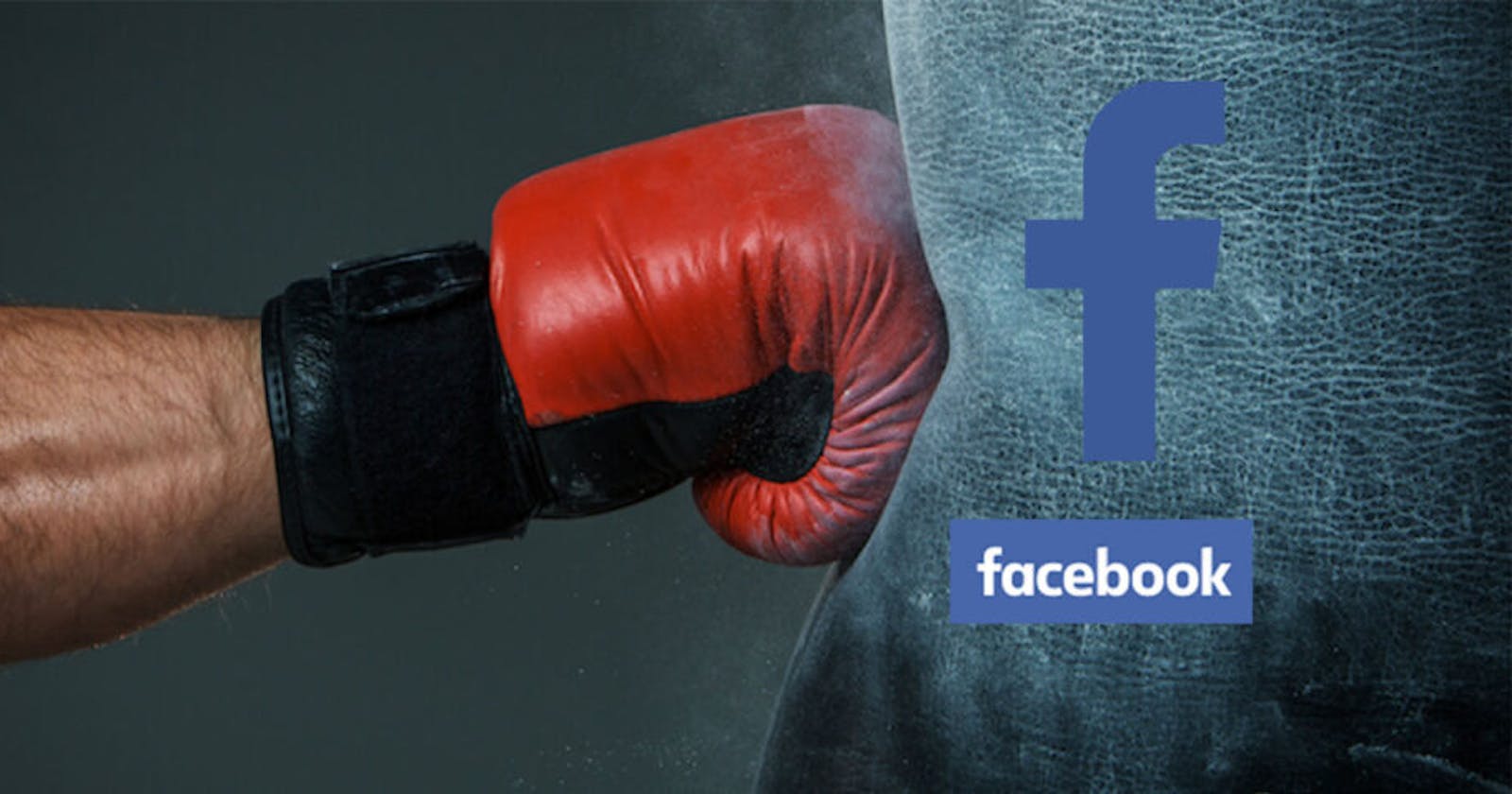Facebook’s arrival in 2004 was greeted with so much enthusiasm and excitement. Zuckerberg’s dream of a tool for communication had not only become a reality, but one that was celebrated. However, 16 years down the line, Facebook like any other entity has seen good and bad times, some may argue mostly bad based on the plethora of law suits.
The series of law suits against the company has earned it the tag “punching bag”. In this article, a trend of lawsuits against Facebook will be presented. First of all, we must realise that many have complaints about Facebook which have legitimate grounds. For example, the fact that the social media firm cuts a lot of corners when it comes to privacy laws is appalling and is one of its reasons for its many lawsuits.
Facebook’s first run-in with the law was in 2004, when ConnectU, a social network and its founder Cameron Winklevoss sued Mark Zuckerberg on the allegations that he stole the concept behind the former’s company to create Facebook. Winklevoss argued that Zuckerberg broke an oral contract. The many back and forth that took place during this period resulted in a settlement of US$ 65 million (U.S. Dollars).
Facebook in 2014, contravened EU laws by making use of data without consent from the appropriate quarters. Specifically, Facebook was accused of Supporting the NSAs PRISM surveillance program, tracking usage on external websites and a host of other actions with the unauthorized usage of data. The suit was championed by the Privacy Group Europe and invited any adult, non-commercial Facebook user to join in. In a week, they gained the first 11,000 participants. This showed that a lot of people were aware of Facebook’s overstepping and were not having any of it
And then there is scanning private messages…
In 2016, Facebook was sued for violating federal privacy laws by scanning through messages of the platform’s users. It is a routine to scan through private messages for a number of purposes including identification of child pornography, malware protection and so on. It was however alleged that Facebook goes beyond this to use the messages for marketing purposes. Invariable, big marketing firms and companies gains access to the data generated by Facebook from these messages. Facebook however maintained that the messages are scanned in aggregate form to protect the identity of users or in this case senders. But an analysis proved otherwise as the messages not only showed the date and time they were sent, but the identity of the sender.
That was not the only lawsuit it encountered; in 2018, the firm has also been sued by a civil rights group. The group alleged that Facebook enables landlords and estate brokers to exclude certain families and classes of people from viewing housing ads. This was particularly was off putting for the group because people will not have opportunities to opt for an apartment because of issues like race, sex, family status. As a result of the suit, Facebook rectified the deficiency by promising significant changes which includes erasing Ad discrimination on its platform. It also promised to stop the ability of advertisers to target users based on race, gender, disability and other characteristics.
Facebook has also been sued by a user with the name Karen Beth Young for terminating her account abruptly. This is just one in many situations where user accounts were terminated without a clear or in fact, reasonable explanation. She argued that Facebook’s actions not only violated her constitutional rights but the rights of those with disabilities as she had a bipolar disorder. But it seems the company’s stroke of luck came to life. The case was dismissed as it did not violate the America with Disabilities Act (ADA) which does not cover websites and virtual platforms.
Facebook seems to love breaking laws, that’s the only logical explanation for having so many lawsuits. Some might say that these lawsuits only express an anti-establishment perspective, that “those people hate great success”. But the arguments the plaintiffs made are infallible. Facebook’s inability to learn from its mistakes will continually make it a punching bag. Other tech companies and social media giants should take cognizance of the laws guiding their activities and stick to them.

